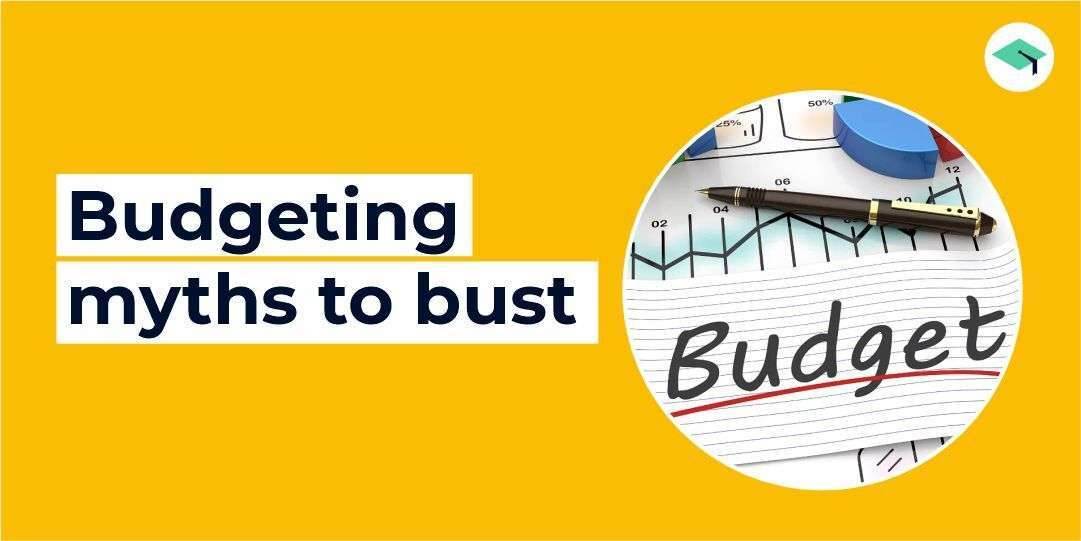
Busting Budgeting Myths: Tips and Tricks for Financial Success
May 14, 2024Think budgeting is boring and restrictive? Think again! Discover the truth behind budgeting myths and unlock financial success effortlessly.

Image courtesy of maitree rimthong via Pexels
Table of Contents
Managing finances is a crucial aspect of running a successful small business. One of the fundamental components of financial management is budgeting. Unfortunately, many small business owners fall prey to common misconceptions about budgeting. In this blog post, we will debunk these myths and provide you with practical tips and tricks for effectively managing your small business finances.
Establish a Budget
When it comes to budgeting for your small business, the first step is to establish a budget that accurately reflects your income and expenses. Start by identifying your fixed costs, such as rent, utilities, and insurance premiums. These expenses are consistent month-to-month and should be factored into your budget accordingly. Next, determine your variable costs, such as supplies, advertising, and employee wages. These expenses may fluctuate, so it’s essential to allocate funds for them in your budget.
Additionally, it’s crucial to set aside a portion of your budget for unexpected expenses or emergencies. By planning for the unexpected, you can avoid being caught off guard by unforeseen costs that could disrupt your business operations.
Track Income and Expenses
Tracking your income and expenses is essential for staying on top of your finances and making informed decisions about your business. One way to do this is by using accounting software or spreadsheets to monitor your cash flow. These tools can help you categorize expenses, analyze trends, and identify areas where you can cut costs or improve efficiency.
By tracking your income and expenses regularly, you can gain valuable insights into your business’s financial health and make adjustments as needed to ensure that you stay on track to meet your financial goals.
Separate Personal and Business Finances
One common mistake that small business owners make is mixing their personal and business finances. To avoid confusion and potential legal issues, it’s essential to open a separate business bank account to keep your personal and business finances separate. By maintaining distinct accounts, you can easily track your business’s financial transactions and ensure that you are not using personal funds for business expenses or vice versa.

Image courtesy of edufund.in via Google Images
Separating your personal and business finances can also help simplify tax reporting and make it easier to monitor your business’s financial performance accurately.
Manage Debt Wisely
Debt can be a useful tool for funding business growth, but it’s essential to manage it wisely to avoid financial strain. When taking on debt for your small business, only borrow what is necessary and manageable. Develop a repayment plan that aligns with your business’s cash flow and prioritize paying off high-interest loans first.
By managing debt wisely, you can reduce financial stress and position your business for long-term success.
Seek Professional Help
Managing small business finances can be complex, especially for entrepreneurs who may not have a background in finance. Consider seeking professional help from an accountant or financial advisor who can provide expert guidance and advice tailored to your business’s unique needs.

Image courtesy of moneyminiblog.com via Google Images
In addition to working with financial professionals, you can also benefit from attending workshops or seminars on small business finance. These resources can help you increase your knowledge and skills in financial management and empower you to make informed decisions about your business’s finances.
Conclusion
In conclusion, effectively managing your small business finances is essential for long-term success. By debunking common budgeting myths and implementing practical tips and tricks, you can set your business up for financial success. Establishing a budget, tracking income and expenses, separating personal and business finances, managing debt wisely, and seeking professional help are key steps to achieving financial stability and growth. Take action today to improve your financial management practices and secure a bright future for your small business.









